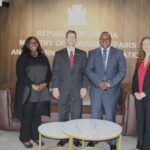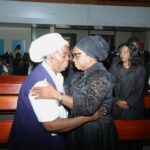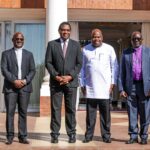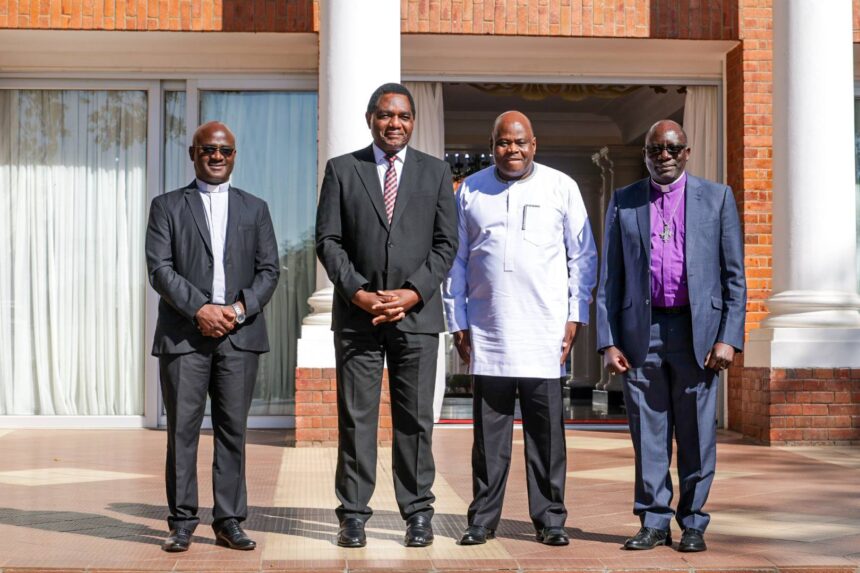Yesterday marked a significant step in Zambia’s democratic journey as President Hakainde Hichilema convened consultative meetings with leaders from the country’s three major church mother bodies—the Council of Churches in Zambia, the Zambia Conference of Catholic Bishops (ZCCB), and the Evangelical Fellowship of Zambia (EFZ)—alongside representatives from civil society. This engagement is part of the government’s ongoing efforts to ensure an inclusive process around the proposed constitutional amendments.
The proposed amendments aim to strengthen Zambia’s democracy by promoting greater inclusivity, particularly for marginalised groups within society. Recognising that the constitution fundamentally belongs to the people of Zambia, President Hichilema reaffirmed the government’s unwavering commitment to an open and transparent review process. The objective is to build broad consensus and unity as the nation moves forward.
During the discussions, it was clarified that constitutional review had not been a top priority in the immediate past because the government initially focused on revitalizing the economy, especially addressing the country’s significant debt burden. This economic focus was necessary to create a stable foundation for sustainable national development.
Additionally, the government and civil society representatives agreed to engage further on concerns related to the NGO Bill and the recently enacted Cyber Security Crimes Act. These issues are critical to maintaining a healthy balance between regulation and freedom, ensuring that civil society organizations can operate effectively within a safe legal framework.
President Hichilema emphasised that the government remains dedicated to facilitating a fully inclusive constitutional review process. Such a process is expected not only to deepen Zambia’s democracy but also to accelerate national development. To this end, a broad-based roadmap will be developed in collaboration with both church leaders and civil society stakeholders.
This consultative meeting underscores the importance of partnership between government, faith-based institutions, and civil society in shaping Zambia’s future. It sets a promising precedent for a constitutional review that is participatory, transparent, and reflective of the diverse voices within the country.
As Zambia embarks on this constitutional journey, the nation looks forward to a strengthened democracy that ensures equal rights and opportunities for all its citizens.






